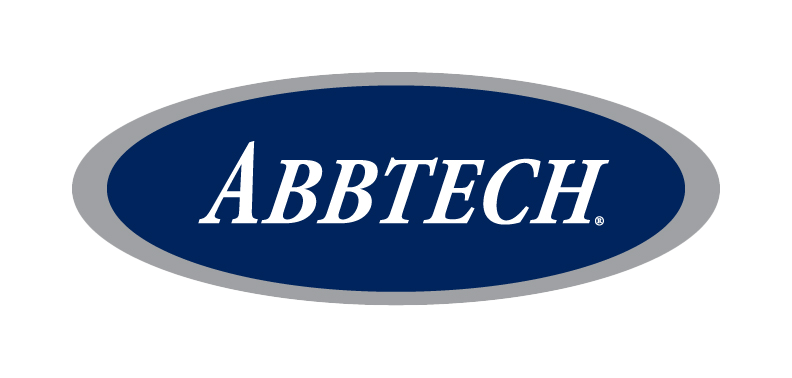Many employers struggle to keep positions filled in today’s competitive job market. The more extended positions remain unfilled, the more it hurts your company’s bottom line and negatively impacts employee morale. Find out How much does it affect your company bottom line to not fill that role. Find out the cost of a vacant position.… Continue reading The Cost of a Vacant Position
Tag: Job Candidate
4 Questions to Ask Yourself When Considering Job Satisfaction
If you are uncertain about your job satisfaction, there is no need to panic. Here are 4 questions to ask yourself when considering job satisfaction. These can help you determine if your current job is the right fit moving forward. You want a job that allows you to feel and perform your best. To date,… Continue reading 4 Questions to Ask Yourself When Considering Job Satisfaction
Advantages of Coding in Python vs. Coding in Java
Python and Java are two of the most popular coding languages. Employers frequently seek out developers who possess training and experience in Python and Java. There are advantages of coding in Python vs. coding in Java. With a clear understanding of both coding languages, you are well equipped to stand out to employers. Plus, you… Continue reading Advantages of Coding in Python vs. Coding in Java
5 People Skills Every Technical Candidate Should Have
You have great technical skills. However, to succeed as a technical job candidate, you need the right people skills as well. Below are people skills every technical candidate should have. That way, potential employers can view your hard and soft skills in combination with one another. From here, they’ll easily see why you’re the top… Continue reading 5 People Skills Every Technical Candidate Should Have
4 Qualities to Look for in an Engineer
You want to hire an engineer. Ultimately, you may receive applications from dozens of engineer job candidates. To identify the best one for your business, you need to know what sets a great engineer apart from an average one. There are 4 qualities to look for in an engineer. These qualities include: 1. Determination to… Continue reading 4 Qualities to Look for in an Engineer
Modern Employee Benefits That Job Candidates Actually Want
You want job candidates to pursue career opportunities across your business. To achieve your goal, you need to provide the modern employee benefits that job candidates want. Today’s job seekers demand top-notch benefits. And you must figure out what benefits meet the needs of modern job seekers. Here are five modern employee benefits that job… Continue reading Modern Employee Benefits That Job Candidates Actually Want






